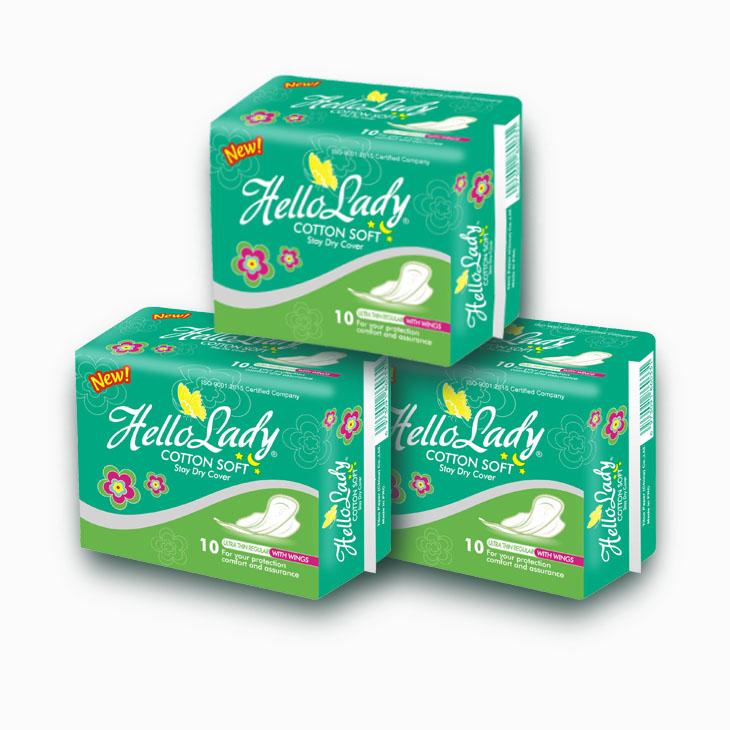Sanitary pads are an essential hygiene product for women during their menstrual cycle. In recent years, there has been a growing concern about the environmental impact of traditional disposable pads, leading to the development of biodegradable alternatives. Biodegradable sanitary pads offer several benefits in terms of sustainability and eco-friendliness.
First and foremost, biodegradable pads are designed to break down naturally and decompose over time. These pads are made from materials that can be broken down by bacteria or other living organisms, such as bamboo fiber, organic cotton, and plant-based materials. Unlike traditional pads, which can take hundreds of years to degrade, biodegradable pads offer a more sustainable solution, reducing the burden on landfills and minimizing environmental pollution.
Another benefit of biodegradable pads is that they are free from harmful chemicals and synthetic materials commonly found in conventional pads. Traditional pads often contain plastics, synthetic fragrances, and dyes that can be harmful to both the environment and women's health. On the other hand, biodegradable pads are made from natural, organic materials, reducing the risk of skin irritation, allergies, and other health issues.
Furthermore, biodegradable pads are typically produced using eco-friendly manufacturing processes. Companies that produce these pads often prioritize sustainable practices, such as using renewable energy sources, reducing water consumption, and minimizing waste production. By choosing biodegradable pads, women can contribute to a greener and more sustainable future.
In addition to the environmental and health benefits, biodegradable pads are also becoming more widely accessible and affordable. With the growing demand for eco-friendly products, many brands have started to offer biodegradable options at competitive prices, making them accessible to a wider range of consumers. This availability encourages more women to make the switch to biodegradable pads, further reducing the environmental impact of menstrual waste.
It's important to note that while biodegradable pads provide a more sustainable alternative to traditional disposable pads, they still need to be disposed of properly to maximize their benefits. It's recommended to follow the instructions provided by the manufacturer, which often include disposing of the pads in designated compost bins or disposing of them with regular household waste.
By choosing biodegradable pads, women can make a positive contribution to the environment and support a greener future.